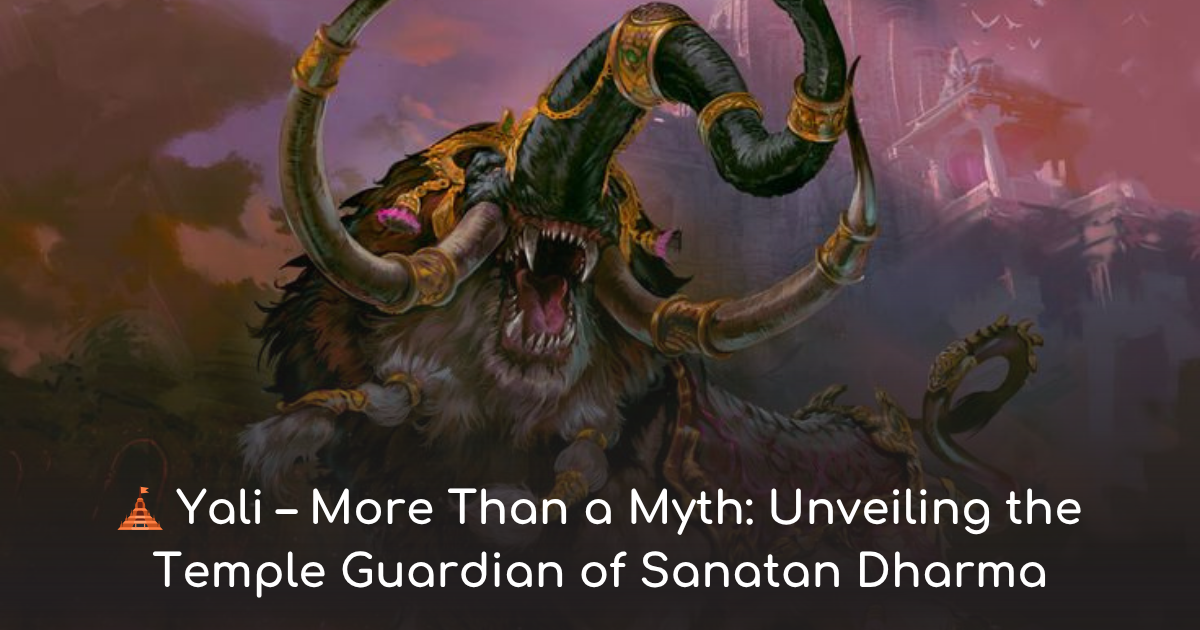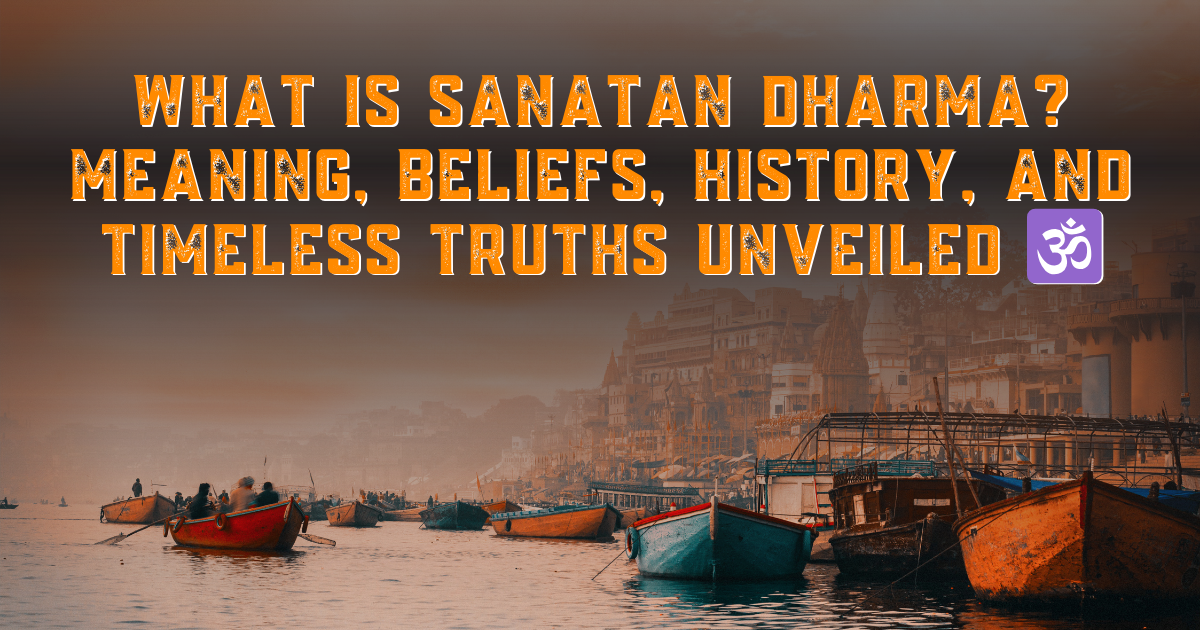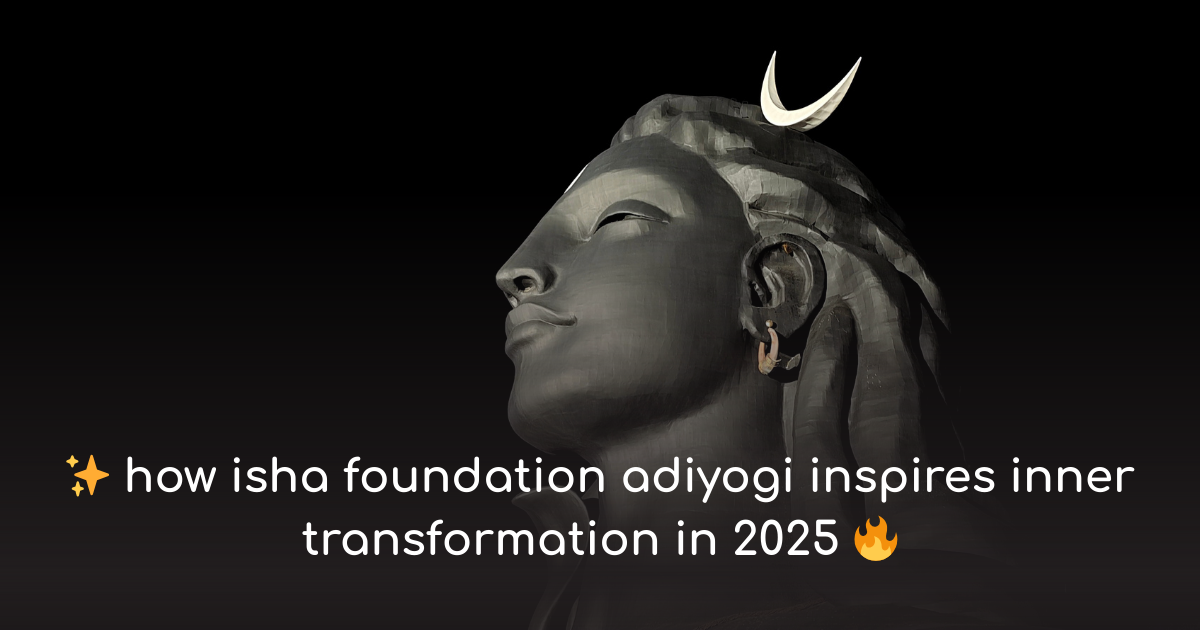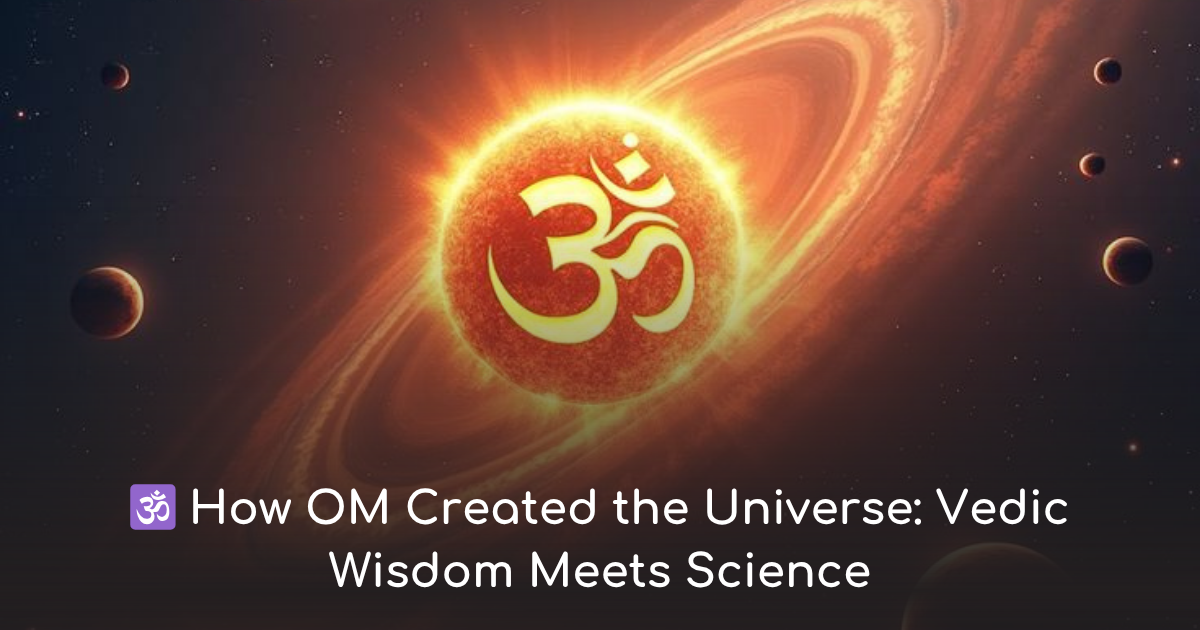law of karma explained: 7 deep truths about cause & effect
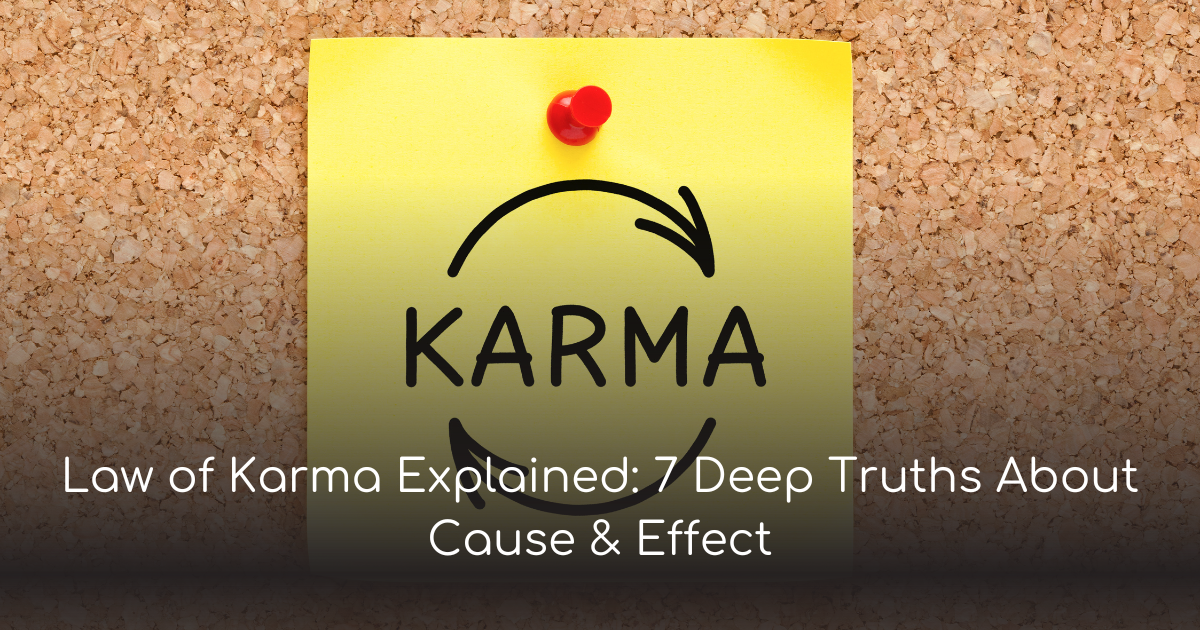
What is Law of Karma? Discover how karma shapes your destiny, affects your relationships, and guides your spiritual journey in Sanatan Dharma.
🕉️ What is Law of Karma – The Spiritual Law of Cause & Effect
In Sanatan Dharma, there exists a universal law more precise than gravity — a law that governs not just physical actions but also our thoughts, intentions, and emotions. That law is called Karma.
Derived from the Sanskrit root "kri", which means "to do" or "to act", karma literally means action. But in Hindu philosophy, karma isn’t just about action — it includes the motive behind the action, the result of that action, and how it affects your soul’s journey across lifetimes.
The Law of Karma teaches that every action — mental, verbal, or physical — has a consequence. It’s a cosmic law of cause and effect, where the energy you put into the world returns to you, often in mysterious yet perfect ways.
“As you sow, so shall you reap.” – This is not just a proverb, but the core of karmic truth.
In this blog, we’ll explore the meaning of karma, its types, how it impacts rebirth, free will, and even how you can balance or cleanse your karma. Let’s dive in.
🧘♂️ Law of Karma Meaning in Sanatan Dharma
🌌 Karma as a Universal Principle
Karma is not a “reward or punishment” system managed by an external God. Instead, it is an impersonal and just law that reflects your own vibration and actions back to you.
Just like a mirror reflects your image, karma reflects your spiritual progress.
-
If you radiate love, you receive love.
-
If you act with greed, you invite scarcity.
-
If you live with awareness, you evolve in peace.
Everything you do — even what you think — is recorded as karma.
This is why saints and scriptures urge:
“Think good, speak good, do good — for it’s all going on your karmic ledger.”
🔁 How Karma Governs the Soul's Journey
Sanatan Dharma teaches that the soul (Atman) is eternal and goes through millions of births across time. Your current birth is the result of past karmas, and your next birth will be shaped by the karma you are creating now.
This is what connects karma with the cycle of Samsara (birth and death) — and ultimately with Moksha (liberation).
📘 Types of Karma – Sanchita, Prarabdha, and Agami
Not all karma is equal, and not all karma manifests in one lifetime. The Rishis divided karma into three categories, each with a unique impact on your spiritual evolution.
🕰️ 1. Sanchita Karma – Stored Karmas of the Past
-
This is the total sum of all karmas accumulated over many past lives.
-
Think of it as your karmic bank account, storing every seed of karma — good and bad.
-
You don't experience all of it in one lifetime, but it's waiting to manifest.
🧠 Analogy: Like a hard drive storing files — some active, some dormant.
📿 2. Prarabdha Karma – Karma Being Experienced Now
-
This is the portion of Sanchita karma that has “ripened” and is being experienced in your current life.
-
It determines your birth circumstances, such as family, health, relationships, and events.
🌀 This karma is already in motion and cannot be changed — only accepted with wisdom.
🛤️ 3. Agami Karma – Karma You're Creating Now
-
These are the new karmas you’re generating right now through your intentions, choices, and actions.
-
Agami karma will either affect this life or roll over into future births.
🌱 This is the karma you can consciously change — by choosing dharma (righteousness) over impulse.
🔄 Karma and Rebirth – The Cycle of Samsara
If karma is the seed, rebirth is the fruit. The cycle of birth, death, and rebirth (Samsara) is fueled entirely by your karmas.
🔃 How Karma Leads to New Births
When a person dies, the soul carries its karmic blueprint with it. Based on this karmic balance, the next life is decided:
-
A person who lived a life of compassion may be born in a peaceful or spiritual family.
-
One who lived with cruelty may be reborn into suffering until karmic lessons are learned.
Rebirth is not random. It is divinely calculated through karma.
“You are not punished for your sins; you are punished by them.”
🕊️ Karma, Rebirth, and Liberation (Moksha)
The ultimate goal in Sanatan Dharma is not rebirth — it’s freedom from rebirth.
When a soul:
-
Realizes its true nature (Atman),
-
Lives according to Dharma,
-
Cleanses its karmas through spiritual discipline,
…then it breaks free from the cycle of karma and enters Moksha — eternal peace and union with the Supreme.
⚖️ How Karma Works – The Law of Cause and Effect
Karma functions on the principle of energy and reflection. Every thought or action sends vibrations into the universe — and they return in perfect time and form.
💭 Karma and Intention – Why Motive Matters
In Sanatan Dharma, intent behind action is often more important than the action itself.
-
Giving charity to show off? That’s ego karma.
-
Speaking harsh truth with love? That’s conscious karma.
-
Helping someone selflessly? That’s sattvic karma (pure action).
The Bhagavad Gita emphasizes Nishkama Karma — action without attachment to outcome — as the highest path.
🧘 Karma is Not Punishment, It’s Teaching
Karma is your greatest teacher. It doesn’t punish. It educates.
-
Failure teaches patience
-
Illness teaches self-care
-
Betrayal teaches discernment
-
Delay teaches surrender
Karma’s purpose is not to make you suffer — but to make you wise.
👉 In the next section, we’ll explore:
-
🔗 The link between karma, dharma, and free will
-
🌱 How to create good karma and avoid karmic traps
-
🔥 Tools for karmic cleansing and breaking cycles
-
🌌 Karma’s role in soul evolution and ultimate liberation
-
🙏 Conclusion and practical takeaways
🔗 Karma, Dharma, and Free Will – What Can We Control?
A common question arises: “If karma decides everything, do I even have free will?”
The answer lies in the sacred balance between Karma (action) and Dharma (righteous duty).
⚖️ Following Your Dharma to Balance Karma
Dharma means doing what is right according to your role, nature, and life situation. When you follow Dharma:
-
You generate positive karma
-
You minimize karmic debt
-
You align with your soul’s natural path
For example:
-
A teacher who imparts knowledge honestly creates good karma
-
A doctor who serves with compassion creates good karma
-
A parent who raises their children with love fulfills dharma
Living your dharma is the shortcut to karmic harmony.
🧭 Role of Free Will in Creating Karma
While Prarabdha karma (past-life results) can’t be changed, you still have free will to choose your present actions — this is how Agami karma is formed.
Your response to life is your freedom. Your reaction is your karma.
🌱 Karma in Daily Life – How to Create Positive Karma
You don’t need to live in a forest to master karma. Every moment in daily life is a chance to sow seeds of peace or pain.
👪 Karma in Relationships and Family
-
Speak with love, even in conflict
-
Forgive, not because they deserve it — but because you deserve peace
-
Avoid gossip, judgment, and sarcasm — they are silent karmic killers
Strong relationships are karmic fields — what you give is what grows.
💰 Karma and Work, Money, and Health
-
Earn with integrity — dishonest money brings karmic weight
-
Serve others at work, not just your ego
-
Respect your body — your karma also affects your physical health
Wealth, health, and relationships are all karmic reflections of your inner alignment.
🔥 Karmic Cleansing – Can You Burn or Balance Karma?
Yes. The scriptures are clear — karma is not permanent. Through sincere sadhana (spiritual effort), you can burn past karmas, reduce karmic burdens, and even neutralize negative patterns.
🧹 Tools for Karmic Cleansing – Japa, Seva, Forgiveness
-
Japa (chanting): Vibrations like Om, Maha Mrityunjaya, and Hare Krishna purify karmic energy
-
Seva (selfless service): Helping others without expectation melts ego-based karma
-
Forgiveness and repentance: Letting go of guilt and grudges is a deep karmic detox
Also powerful: fasting on Ekadashi, donating food (Annadaan), and praying for those you’ve hurt knowingly or unknowingly.
📖 Karma Yoga in Bhagavad Gita
In the Bhagavad Gita, Lord Krishna teaches Karma Yoga — the path of selfless action without attachment:
-
Do your duty
-
Offer the results to the Divine
-
Remain calm in success and failure
This destroys ego, reduces karma, and leads to inner liberation.
🌌 Karma and Your Soul’s Evolution
Karma is not just about this life — it's about your eternal evolution. Every action is shaping your next chapter in the soul’s journey.
🪞 Karma as a Mirror of Self-Awareness
-
Every joy = reward from your past self
-
Every pain = a lesson from your soul
-
Every pattern = a karmic loop to break
Karma holds a mirror to your inner state. The more you grow, the cleaner your karmic reflection becomes.
🕊️ From Karma to Moksha – The Final Liberation
When a soul becomes:
-
Self-aware (knows what karma is),
-
Self-responsible (acts with dharma),
-
Self-surrendered (offers actions to Ishwara),
…then karma no longer binds. That soul reaches Moksha — freedom from rebirth, karma, and suffering.
“When you do your duty without ego, serve with love, and live in surrender, karma becomes your ladder — not your chain.”
🙏 Conclusion – Karma: Your Past is the Seed, Your Present is the Soil
The Law of Karma is not meant to scare or bind us — it's meant to empower us.
-
You are not your past — but you are responsible for your present.
-
Your karma is not your identity — it is your teacher.
-
Your life is not fate — it is your field of action.
You may not remember every karma you’ve created, but the universe remembers perfectly. It will bring you the exact people, situations, and opportunities you need — for your growth, healing, and realization.
So choose wisely. Live mindfully. And sow the karma you wish to harvest.
🕉️ Want to live with clarity, power, and peace?
🌱 Start transforming your karma — one thought, one action, one day at a time.
📖 Explore more timeless wisdom at SanatanYug.com
❓ FAQs – Understanding Karma
1. Is karma punishment from God?
No. Karma is a law of reflection. It’s not about reward or punishment — it's about learning and balance.
2. Can karma from past lives be changed?
Yes — through sincere spiritual practice, forgiveness, service, and dharmic living.
3. What’s the fastest way to clear bad karma?
-
Selfless service
-
Daily mantra chanting
-
Conscious right action
-
Surrender to God’s will
4. Does karma apply to thoughts too?
Absolutely. Thoughts are subtle actions. Negative thinking or malice generates karmic residue.
5. How is karma linked to rebirth?
Unresolved karma decides your next birth — the body, family, and circumstances are shaped by your previous actions.
6. What’s the difference between karma and fate?
Fate is the fruit of past karma. Free will is your power to create new karma and change your future.
7. Can good karma cancel bad karma?
No. They coexist and manifest at different times. But intense good karma can dilute the effects of minor negative karma.
8. Is karma real or just belief?
It is both a spiritual truth and a practical law of energy — what you put out, you receive back.
9. What is karmic debt?
Karmic debt is the unfinished or harmful actions you owe others — spiritually, emotionally, or ethically.
10. How do I know what my karma is?
Look at your life patterns. They are a report card of your karmic blueprint.




